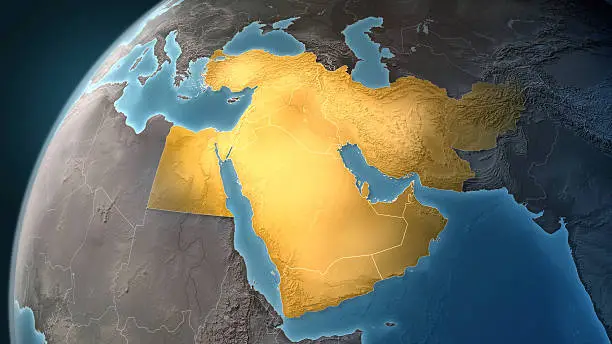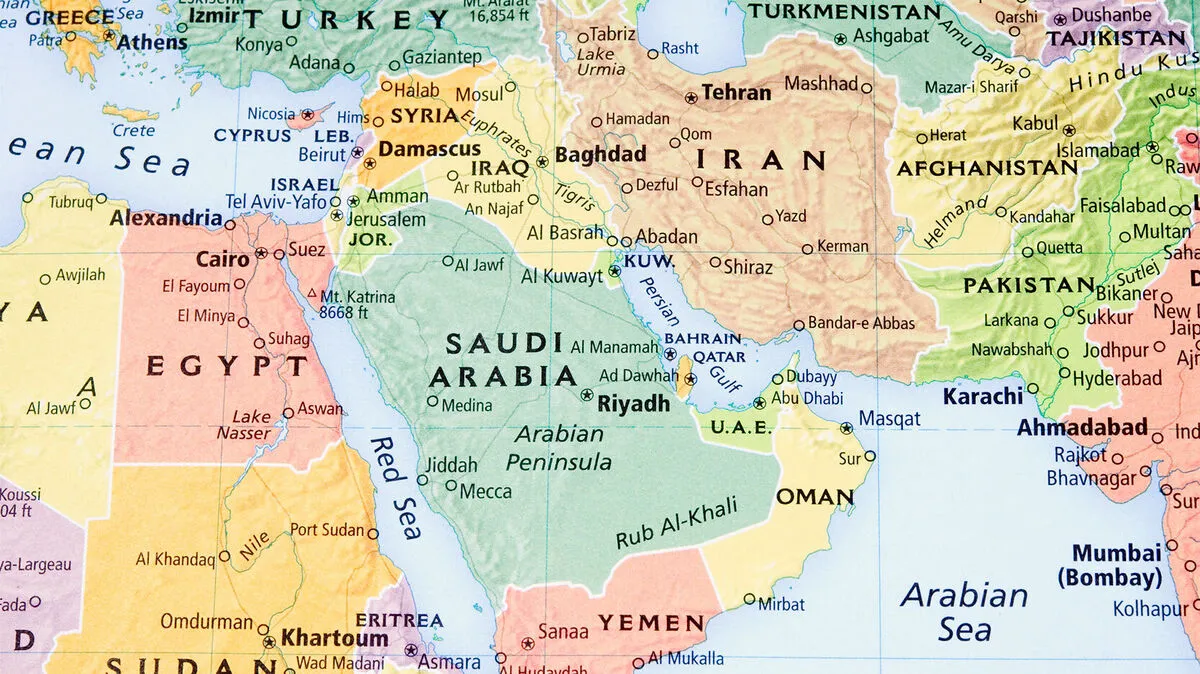Exploring Turkey’s Diplomatic and Strategic Influence in the Middle East
Turkey’s role in the Middle East has grown in complexity over the past two decades, positioning itself as a crucial player in regional diplomacy and strategy. As a bridge between East and West, Turkey has carved out a unique position in political, economic, and military affairs. This article delves into Turkey’s influence in the Middle East, focusing on its diplomatic maneuvers, strategic military presence, and economic partnerships.

Balancing Alliances: Turkey’s Diplomatic Approach
Turkey has skillfully maintained a balance between its Western alliances and regional ties, which is key to its diplomatic strength.
Relations with Western Powers
Turkey’s membership in NATO is a foundational aspect of its foreign policy. This membership provides Turkey with security guarantees, making it a valuable ally for Western nations in the region. However, the relationship with the U.S. and the EU has been occasionally strained due to differing stances on Syria, Kurdish insurgencies, and disputes in the Eastern Mediterranean. Nonetheless, Turkey’s geographic and strategic importance ensures that it remains a key partner for Western powers, particularly in navigating Middle Eastern conflicts.
Regional Relationships
In the Middle East, Turkey’s diplomatic relationships are multi-layered. It has cultivated close ties with Qatar, supporting the Gulf state during its blockade by Saudi Arabia, the UAE, and others. At the same time, Turkey’s relationship with Iran is complex, marked by both cooperation and competition. While they have aligned on certain issues like opposing Kurdish independence movements, their rivalry over influence in Iraq and Syria remains a point of contention.
Military Presence: A Strategic Power Player
Turkey’s military strength is a significant component of its influence in the Middle East. It has used both hard and soft power to further its strategic goals in the region.
Involvement in Syria
Turkey’s military involvement in Syria is one of the clearest demonstrations of its strategic ambitions. By launching multiple operations across its border, Turkey aimed to both curb Kurdish military power and counter the Islamic State (ISIS). Additionally, Turkey has played a pivotal role in negotiations around the Syrian conflict, positioning itself as both a protector of refugees and a military presence on the ground.
Defense Agreements and Military Bases
Turkey has also expanded its military influence through defense agreements and bases. Its military base in Qatar stands as a symbol of Turkish-Qatari solidarity, while its intervention in Libya reflects its desire to be a decisive player in North African affairs as well. Such moves underscore Turkey’s broader ambition to exert influence far beyond its borders.

Economic Diplomacy: Strengthening Ties through Trade
In addition to its military and diplomatic efforts, Turkey has used economic diplomacy as a tool to strengthen its influence in the Middle East.
Trade Relations
Turkey’s economic ties with Middle Eastern nations have deepened in recent years, with trade volumes increasing significantly. Key partners include Iraq, Iran, and the Gulf states. Turkey’s construction sector is especially active in the region, contributing to infrastructure projects and further solidifying economic relationships.
Energy Diplomacy
Energy plays a central role in Turkey’s strategy. The country’s ambition to become an energy hub for the region is evident in its cooperation with countries like Azerbaijan and Qatar. By positioning itself as a key transit route for energy supplies to Europe, Turkey is not only addressing its own energy needs but also leveraging its geographical location for economic and political gain.
Turkey’s Ongoing Influence in the Middle East
Turkey’s diplomatic and strategic influence in the Middle East is a product of its ability to balance complex relationships, exert military power, and foster economic ties. By engaging with both Western and regional actors, Turkey has positioned itself as a key player in shaping the future of the Middle East. As the region continues to face political and economic challenges, Turkey’s role will likely remain central to the unfolding developments in the coming years.















